Humidifiers For Skin: Types, Benefits, Working, Risks, & Uses
Prevent rough, dry, and patchy skin by balancing the moisture levels in the air.
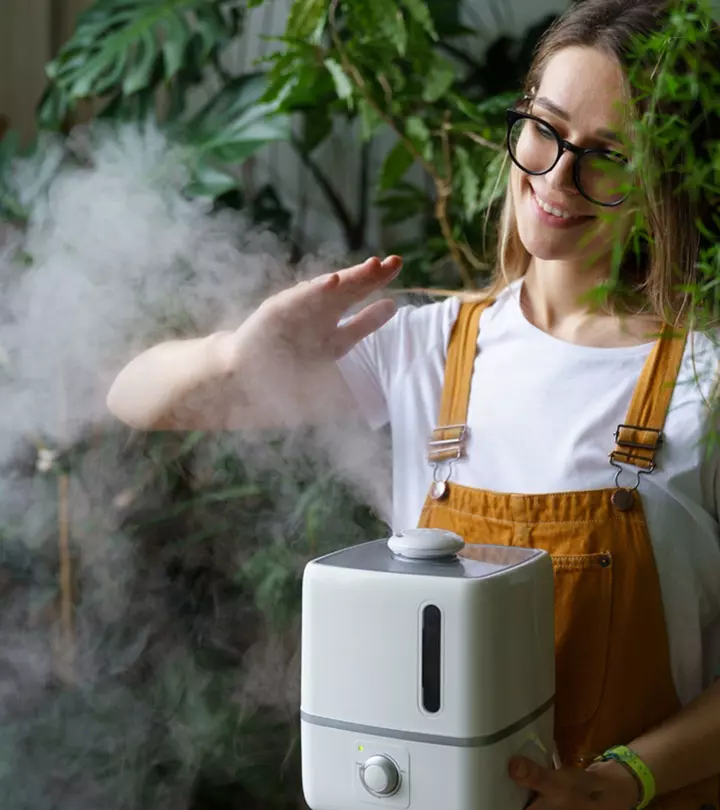
Image: Shutterstock
A humidifier adds moisture to the air, and that is what you need in dry conditions. Lack of moisture in the air (low humidity) impacts your skin negatively. Using a humidifier helps you balance out humidity levels in your room and prevents the skin from becoming dry and rough. This may even help delay the appearance of aging signs like wrinkles, which may be contributed by dry skin.
In this article, we further discuss the benefits of a humidifier for the skin, how it works, which humidifier to choose, and a few tips on how to use it safely. Keep reading.
 Fun Fact
Fun FactIn This Article
Benefits Of Using Humidifiers For Skin
Humidifiers are valuable tools in beauty and wellness routines, as they maintain optimal indoor air quality and promote skin health. Here are the benefits of humidifiers for the skin.
1. Helps Reduce Water Loss From Skin
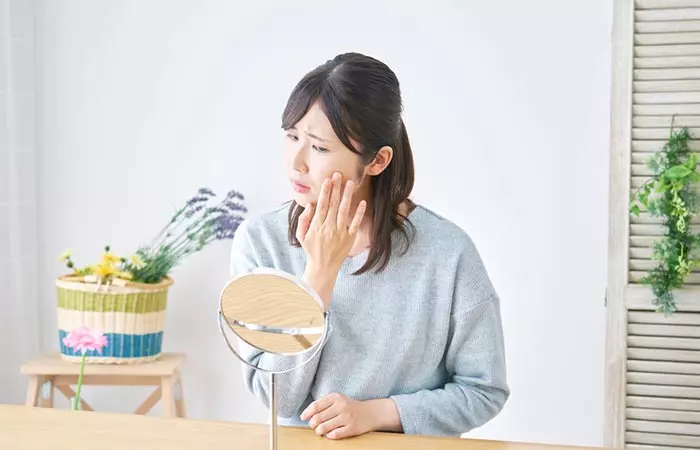
Low humidity levels compromise the skin barrier function (1). Such weather conditions cause the lipids and oils that bind the skin cells together to evaporate and expose the inner layers of the skin to external hazards. This weakened skin barrier function causes more water to be lost from the skin’s surface, making the skin rough and dry (2). The increased dryness may further lead to dry skin disorders (3).
In addition, a study suggests that fine wrinkles may form on the skin if exposed to low humidity levels for short periods (like 6 hours) (4). A humidifier can balance out low levels of moisture in the air and combat dryness that can strip the skin of its natural hydration (5). Low moisture levels not only affect your skin, but may lead to dry hair as well. If you are experiencing dry skin around the nose, using a humidifier can help by adding moisture to the air, preventing further irritation. Moreover, you can use many home remedies to prevent dry skin around the nose, such as using sunscreen, staying hydrated, etc., to get that soft and supple skin.
Zahra, a blogger, shared her experience about using humidifiers to maintain the skin’s moisture barrier and suppleness in her blog. She said, “I’ve used humidifiers for the longest time, I love how they keep the air in the room clean, fresh and fragrant but also like how extra beneficial they are in the winter months. I generally use the humidifier almost everyday and really feel the benefits (i).” She added, “It does get extremely warm and toasty in the house and I find this dehydrates me a heck of a lot because the air is so so dry, using a humidifier puts moisture back into the air which the radiator heat dries out and so in turn your skin isn’t feeling as parched.”
2. May Help Manage Skin Disorders

Dry air in air-conditioned rooms can worsen skin conditions like senile xerosis (dry skin) and atopic dermatitis (red, inflamed, and itchy skin) besides making the skin rough (6), (7). Humidifiers add moisture to dry air and may keep such skin conditions from progressing. A study shows that using a humidifier that generates nano-sized water particles may hydrate the skin better, improve the skin barrier function, and reduce transepidermal water loss (8). However, more studies are needed to assess this type of humidifier. Moreover, incorporating winter face care tips, such as using lukewarm water for the skin and staying hydrated, can make a significant difference in preventing skin dryness during colder months. Additionally, humidifiers can also help in managing eczema, especially during low-humidity months when flare-ups are more likely. A study suggests that maintaining optimal indoor humidity with the help of humidifiers may help soothe eczema symptoms by preventing excessive skin dryness and irritation (9).
3. May Prevent Bacterial And Viral Infections
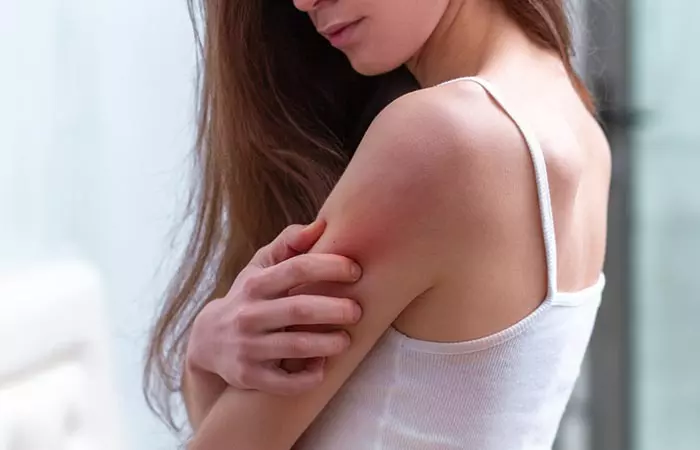
Certain bacteria or viruses thrive at both high and low humidity levels. These microorganisms can cause skin infections that threaten skin health and quality. Research shows that these microorganisms are less likely to survive at a relative humidity level of 30 to 60% (5). A humidifier helps balance out the humidity level, preventing the microbes from affecting the skin.
4. May Protect Skin From Irritants And Allergens
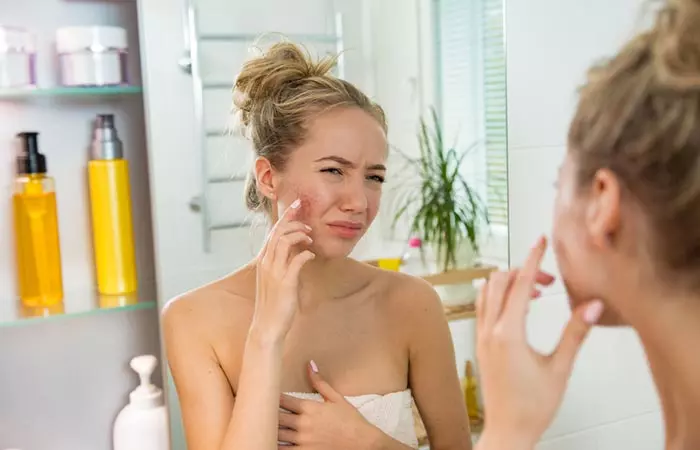
As stated, low humidity levels affect the skin barrier function. As a result, irritants and allergens penetrate the skin (1). This may increase the risk of skin diseases and flare-ups in people with atopic dermatitis(red, inflamed, and itchy skin). A humidifier comes in handy by increasing the humidity levels.
When used in conjunction with moisturizers, these tools can lock in the added moisture, keeping your skin hydrated. Moreover, they also work in tandem with air purifiers that help create a healthy indoor environment and support respiratory health. They can ease breathing, alleviate allergy symptoms, and promote restful sleep by maintaining optimal air moisture. These benefits make humidifiers an invaluable addition to both your beauty and wellness routines.
What are the types of humidifiers available and how do they work? Let us discuss them in the next section.
Key Takeaways
- Humidifiers add moisture to dry air. They may also control skin conditions like senile xerosis and atopic dermatitis.
- Ultrasonic humidifiers create cool mists using ultrasonic sound vibrations.
- However, using a humidifier may increase humidity levels and support the growth of microorganisms that can cause infections.
Types Of Humidifiers And How They Work
Humidifiers are available in different types. These include:
- Console humidifiers: Ideal for floor use and are encased in cabinets.
- Portable humidifiers: Smaller and transportable.
- Central humidifiers: Built into heating and air conditioning systems. They humidify the entire premises.
- Ultrasonic humidifiers: Create cool mists through ultrasonic sound vibrations.
- Impeller humidifiers: Have a high-speed rotating disk that produces cool mist.
- Evaporative humidifiers: Send moisture into the air using a fan to blow out air through a wet absorbent material like a belt or filter.
- Steam vaporizer humidifiers: Use an electrical heating mechanism to heat water. The warm mist formed is then cooled before exiting the humidifier.
 Quick Tip
Quick TipYou can choose a humidifier depending on your needs. If you don’t know how to use it for improving your skin, here are some tips.
How To Use A Humidifier To Improve Skin— Tips To Consider
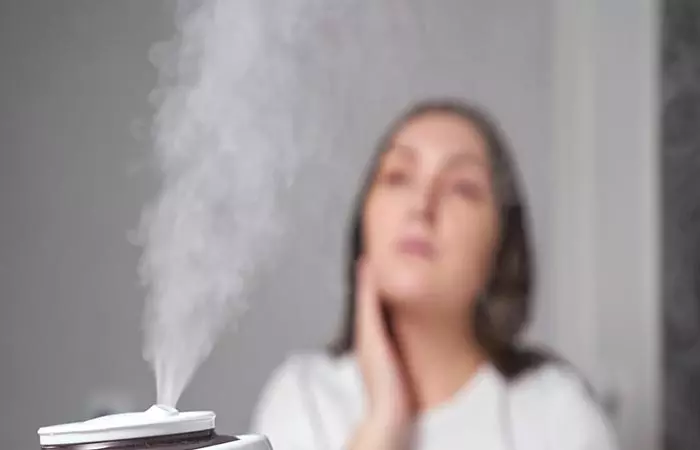
- Add water to the humidifier. Use bottled or distilled water as it contains fewer microorganisms and lower mineral content.
- Clean the humidifier regularly. It may contain microorganisms or dirt particles that may affect your skin and health. Clean portable humidifiers every third day. Empty the tank and use a brush or scrubber to clean them. Remove any scales, deposits, or film formed on the sides of the tank or on interior surfaces. Wipe all surfaces dry. Be sure to unplug the unit while cleaning.
- Do not use the humidifier in all climatic conditions. Use it only to balance out humidity and moisture conditions.
- Use demineralized cartridges and filters.
- The skin becomes dry and rough at low humidity. Switch on your humidifier before you get into the daily skin care routine. This helps your skin retain moisture for longer periods.
Using a humidifier during the day might improve your skin health. But is it alright to keep it running the entire night as you sleep? Read to know more.
Is Sleeping With A Humidifier Turned On Good For Skin?
Using a humidifier as you sleep is perfectly alright.
It might even help you sleep better if you have dry and itchy skin, sinus issues, cold congestions, and cracked lips. A consistent skincare routine for dry skin will work best when paired with regular use of a humidifier to improve skin hydration. Besides, applying your skincare products and sleeping with the humidifier running may promote uninterrupted sleep. It improves skin moisture and may even keep your scalp free of itching or dryness.
It is clear that a humidifier can improve skin health by providing adequate humidification. But it may have some side effects too.
Things To Be Aware Of — Risk Factors
Research shows that the toxicity of biocides (pesticides or fungicides) mixed in the water of humidifiers may cause a particular pulmonary syndrome in pregnant women and children (10). Using a humidifier may also increase the humidity levels, which may support the growth of microorganisms that can cause infections (5). Using humidifiers may also cause thermal discomfort (exposure to either excess heat or excess cold) (6). Water mist sprays can be an effective alternative. They hydrate the skin without the drawbacks of a humidifier.
Stop using a humidifier if you experience any respiratory issues. Contact your doctor immediately.
Infographic: How To Keep Your Humidifier Clean
One of the numerous ways to keep your skin hydrated and healthy is to use a humidifier. However, keep in mind that humidifiers should be free of hazardous bacteria and germs. So, make sure to follow the manufacturer’s instructions. Check out the infographic below to understand more about keeping your humidifier clean. Illustration: StyleCraze Design Team
Using a humidifier for the skin is one of the many ways to keep your skin moisturized and healthy. It will help maintain the skin barrier function and protect your skin from excess water loss and the sun’s harmful rays. If you have sensitive or dry skin, using a humidifier will help reduce the risk of skin irritations and allergies. To improve your skin health, be consistent with your skin care regime and use the humidifier when you sleep. This helps prevent many issues like skin dullness, itching, flare-ups, and dryness. However, you should also be aware of its side effects. Therefore, take precautions and go through the product details carefully while buying one for your home. Consult a doctor if you experience any respiratory issues.
Frequently Asked Questions
How often should you use a humidifier for your skin?
There is no set limit for how many times you can use a humidifier. You can use the humidifier during the day or at night while you are sleeping to reap the benefits.
Will a humidifier help with acne?
Research shows that a humidifier may help combat bacterial infection by keeping the humidity level between 30 to 60%. This will reduce the chances of bacteria surviving at these levels, which may help in managing acne (5).
Is a facial steamer the same as a humidifier?
No. While both terms are used interchangeably, there is a fundamental difference between the two. A facial steamer lets out steam that helps in deep cleaning the pores. A humidifier adds moisture to your skin and the room as a whole.
Is a cool or warm mist humidifier better for your skin?
Both cool and warm mist humidifiers are good for your skin. Cool mist humidifiers are a better choice for homes with children and pets while warm mist humidifiers are quieter and good for winters.
Illustration: Humidifiers For Skin: Types Benefits Working Risks & Uses
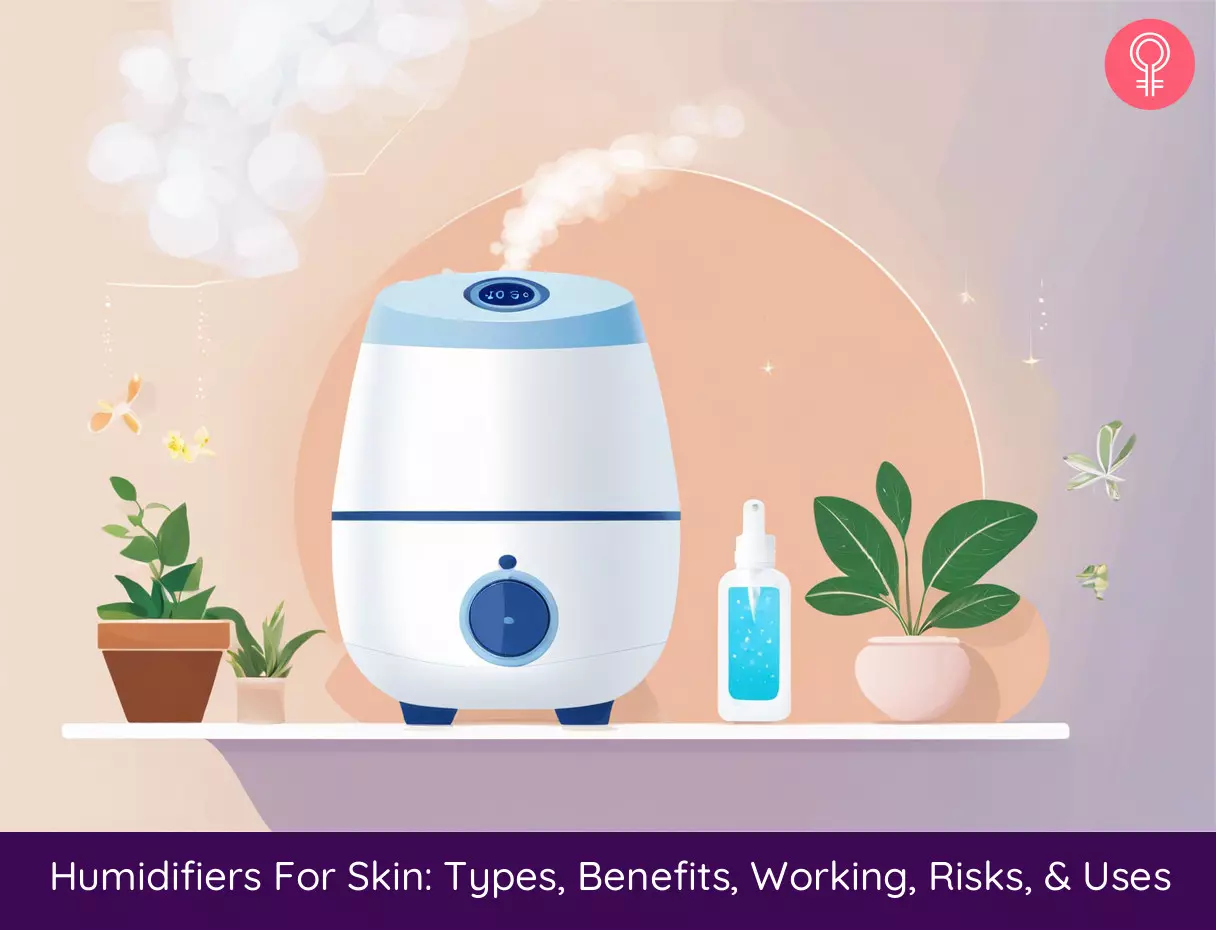
Image: Stable Diffusion/StyleCraze Design Team
A humidifier adds moisture to the air, making it more comfortable and helping to reduce health issues. Watch the video to know why you need one!
Personal Experience: Source
StyleCraze's articles are interwoven with authentic personal narratives that provide depth and resonance to our content. Below are the sources of the personal accounts referenced in this article.
i MY TIPS FOR WINTER SKIN / DRY / DEHYDRATED SKINhttps://beautyandthemuslimah.blogspot.com/2017/01/my-tips-for-winter-skin-dry-dehydrated.html
References
Articles on StyleCraze are backed by verified information from peer-reviewed and academic research papers, reputed organizations, research institutions, and medical associations to ensure accuracy and relevance. Read our editorial policy to learn more.
- The effect of environmental humidity and temperature on skin barrier function and dermatitis
https://www.researchgate.net/publication/282703289_The_effect_of_environmental_humidity_and_temperature_on_skin_barrier_function_and_dermatitis - Ambient humidity and the skin: the impact of air humidity in healthy and diseased states.
https://europepmc.org/article/med/27306376 - The impact of ambient humidity on healthy and diseased skin
https://www.semanticscholar.org/paper/The-impact-of-ambient-humidity-on-healthy-and-skin-Goad/7ccb1cf4fe1f368a45594449e11af040081490ca - Effect of exposure of human skin to a dry environment
https://www.dr-jetskeultee.nl/download/common/artikel-winter-huid.pdf - HUMIDIFIERS
https://www.ashrae.org/file%20library/technical%20resources/covid-19/si_s16_ch22humidifiers.pdf - Effects of water nanodroplets on skin moisture and viscoelasticity during air-conditioning
https://pubmed.ncbi.nlm.nih.gov/23590637/ - Change of skin roughness due to lowering air humidity in climate chamber
https://pubmed.ncbi.nlm.nih.gov/8982408/ - The effects of humidifier generating nano-sized water particles on skin hydration and transepidermal water loss of the normal human skin
https://www.researchgate.net/publication/288158061_The_effects_of_humidifier_generating_nano-sized_water_particles_on_skin_hydration_and_transepidermal_water_loss_of_the_normal_human_skin - Update on the management of chronic eczema: new approaches and emerging treatment options
https://pmc.ncbi.nlm.nih.gov/articles/PMC3047944/ - Use of Humidifiers with Children Suffering from Atopic Dermatitis
https://www.researchgate.net/publication/221845109_Use_of_Humidifiers_with_Children_Suffering_from_Atopic_Dermatitis
Read full bio of Dr. Priya Gill
Read full bio of Anjali Sayee
Read full bio of Ramona Sinha
Read full bio of Medha Deb





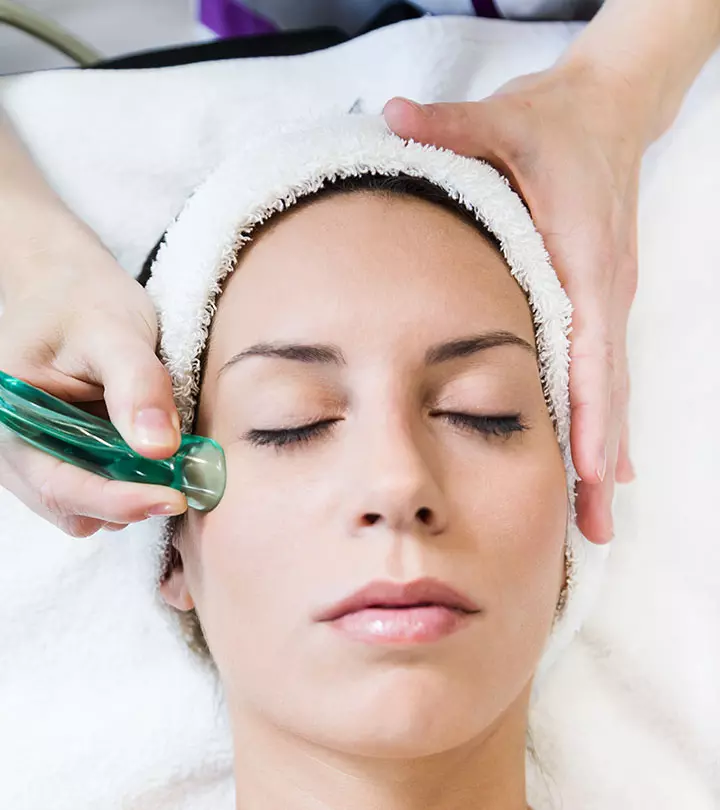
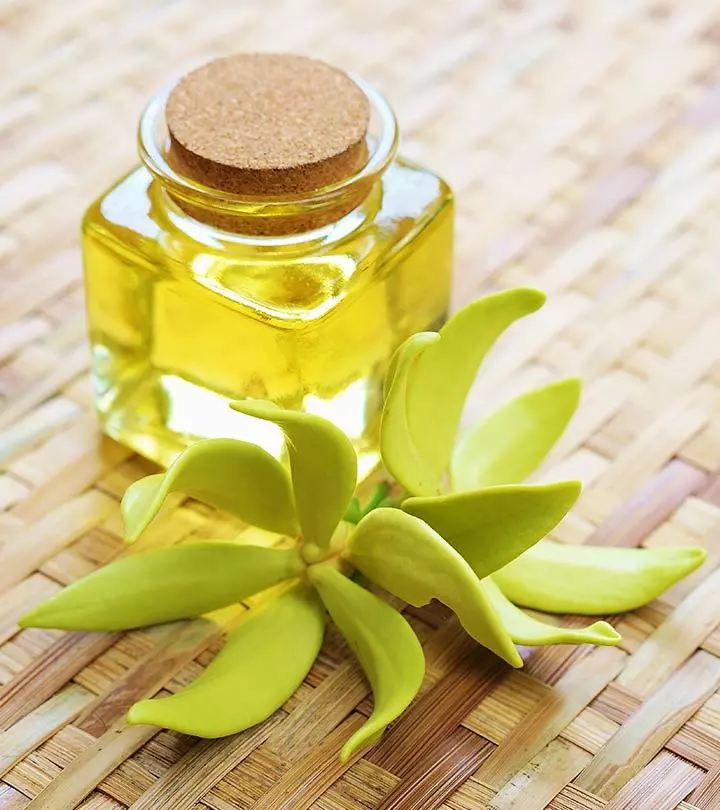

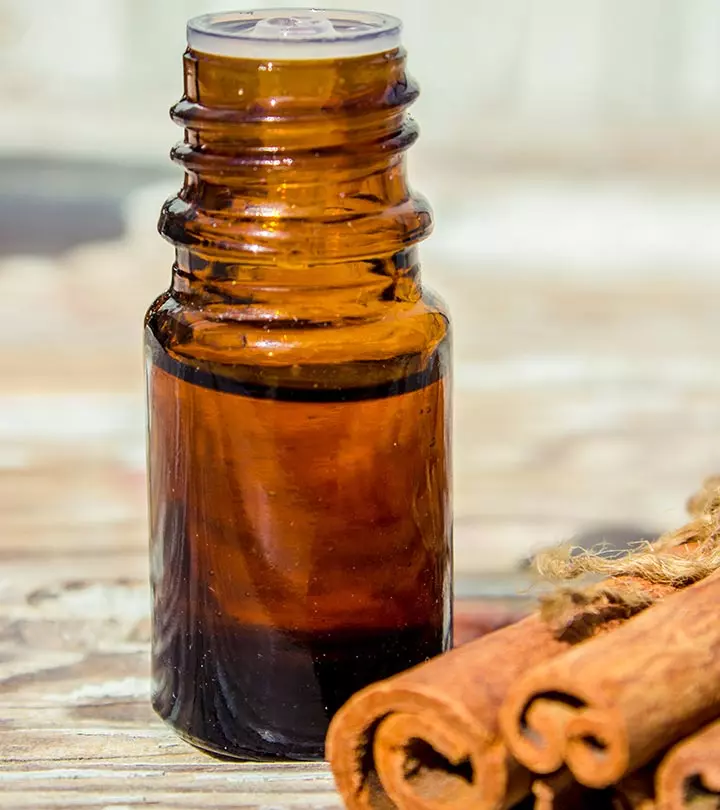

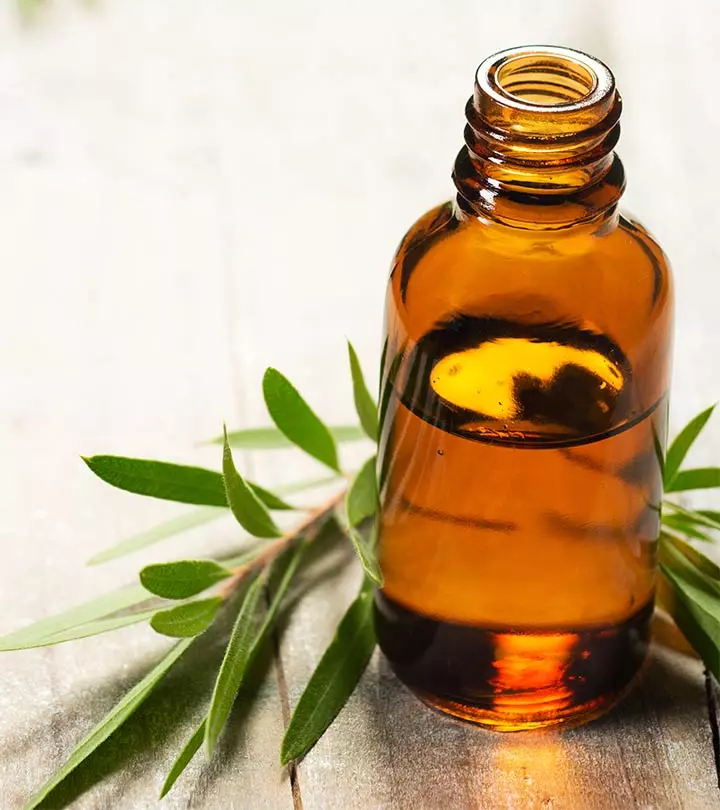


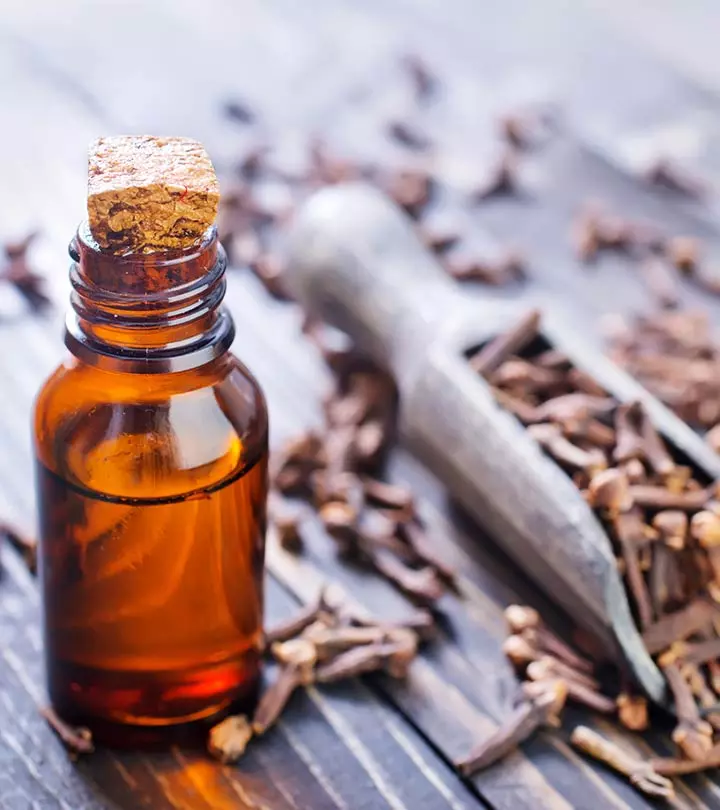
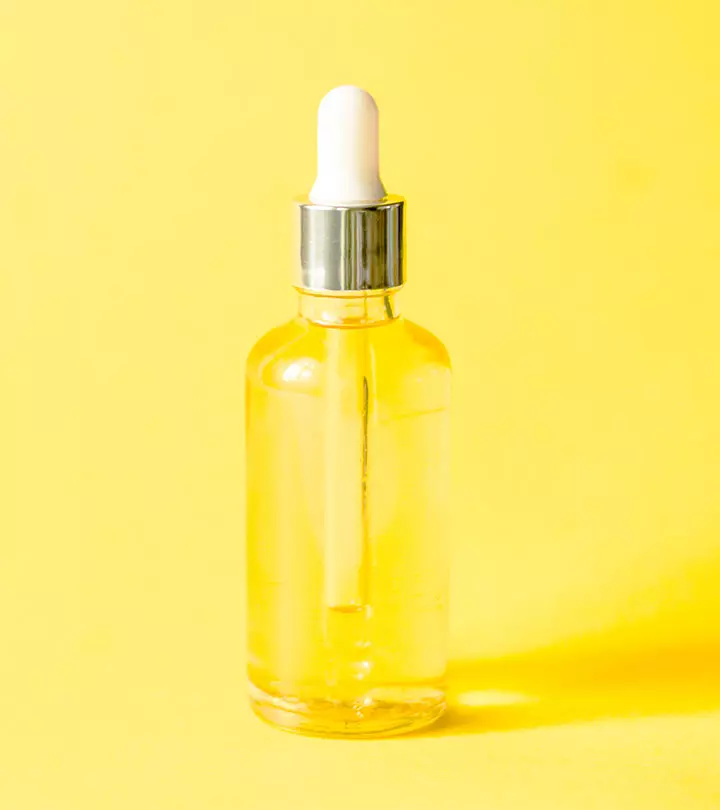
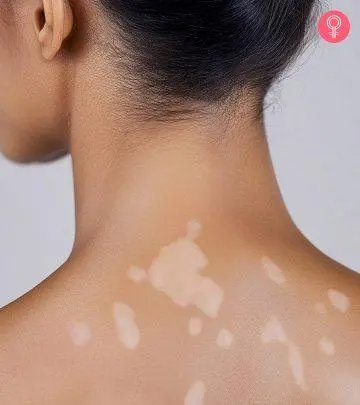

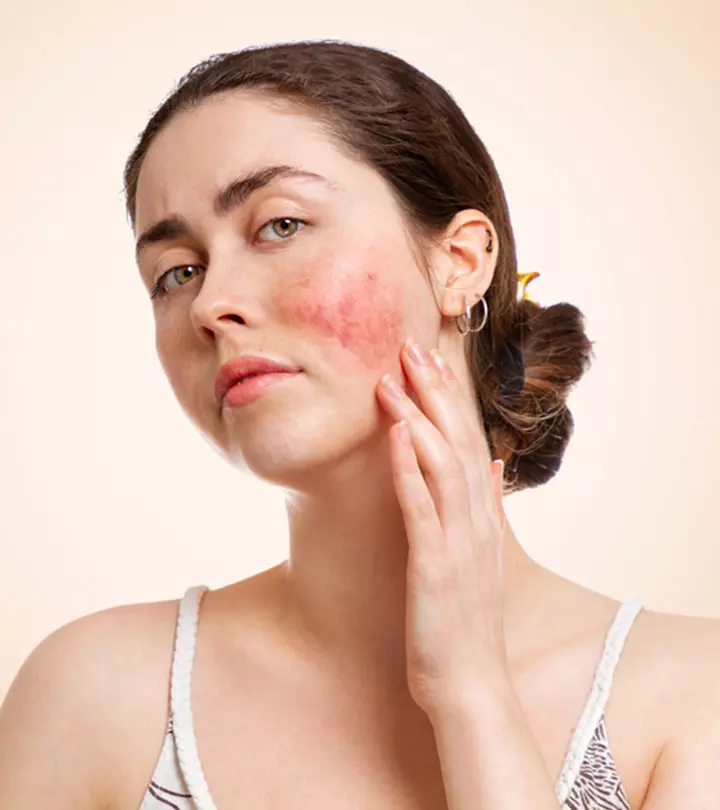
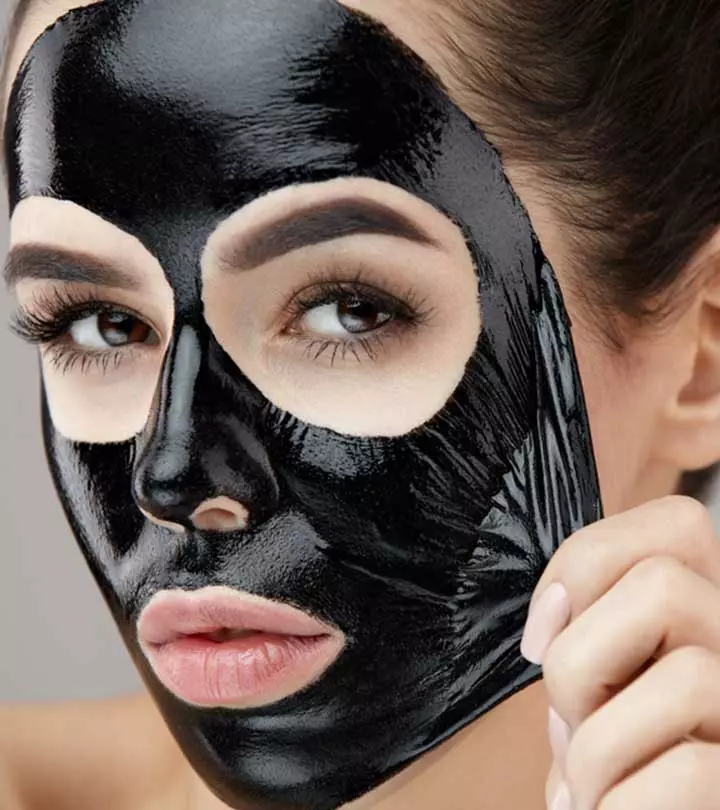
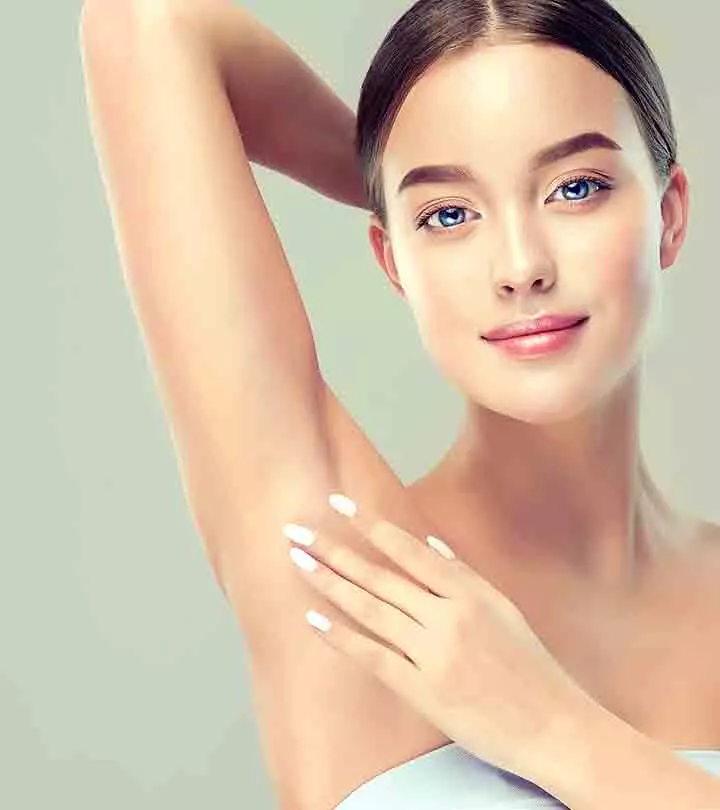
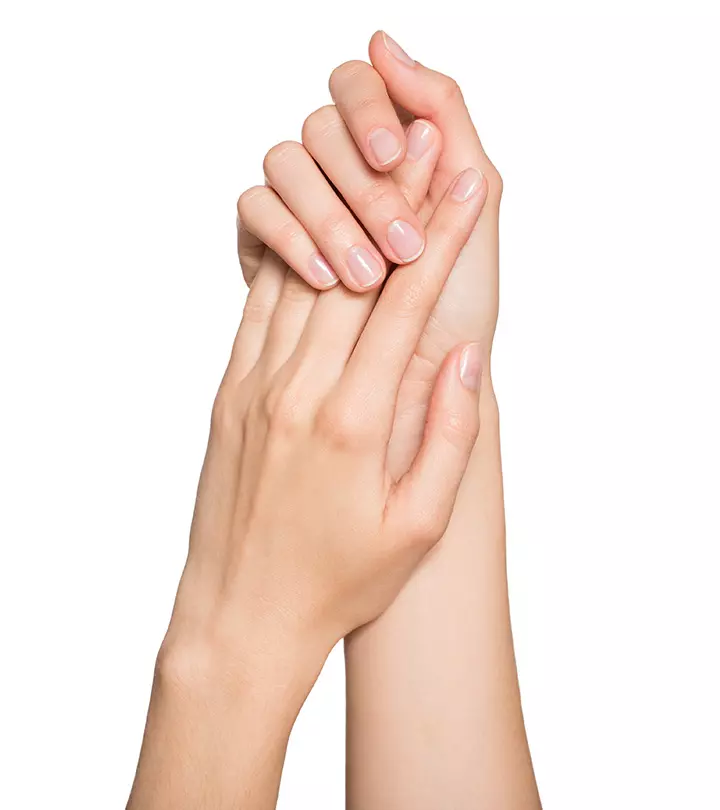
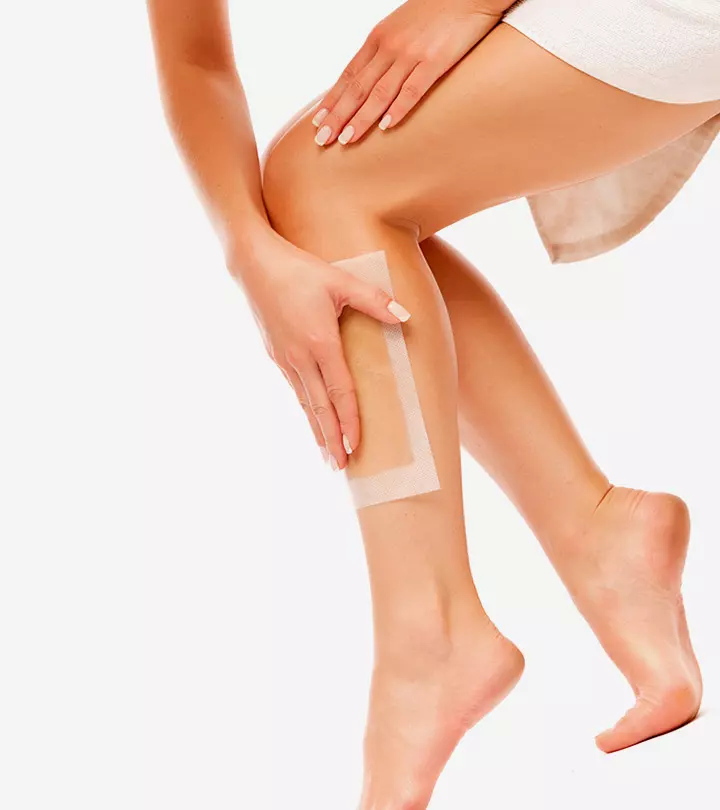
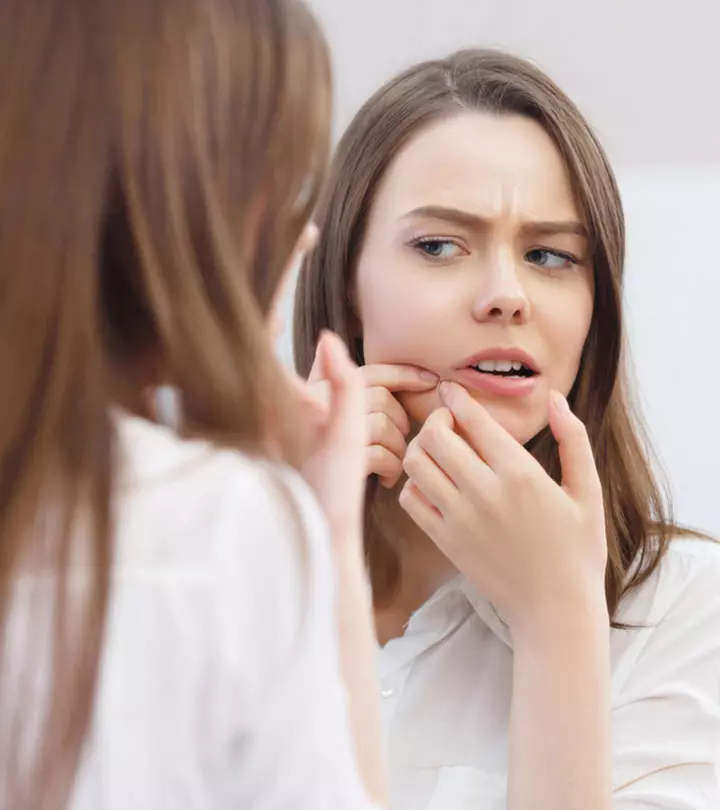

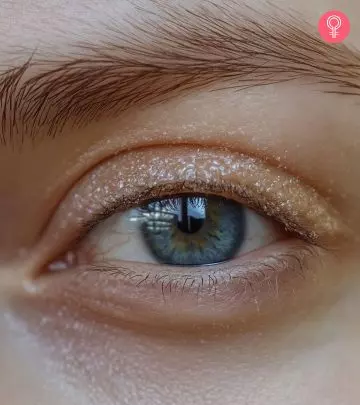

Community Experiences
Join the conversation and become a part of our empowering community! Share your stories, experiences, and insights to connect with other beauty, lifestyle, and health enthusiasts.